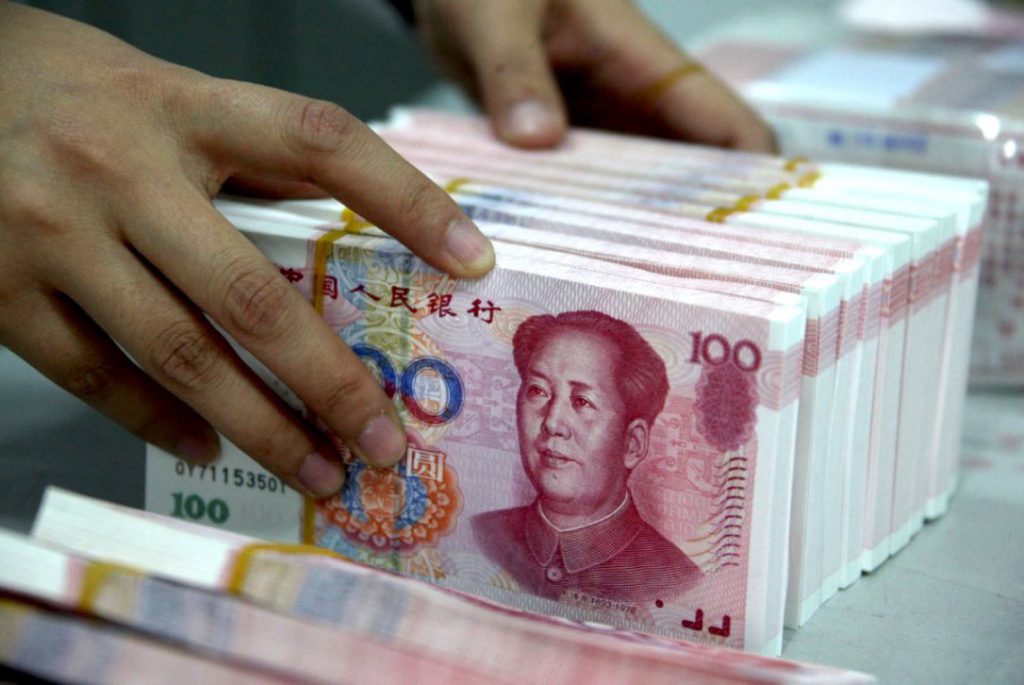China has opened its doors to travelers and businesspeople after the Covid-19 restrictions. I have been connected with China since 2016 and this article about payments in China was written so that people who come to China for the first time are prepared and know what to expect when will be willing to pay for purchases or services.
China’s financial environment stands as a testament to its distinctive history, culture, and economic development. The limited acceptance of international credit cards in China is a reflection of this uniqueness, stemming from a combination of cultural preferences, regulatory policies, technological advancements, and historical factors. For foreigners visiting China, understanding these dynamics and preparing for alternative payment methods are crucial to ensure a smooth and hassle-free experience during their stay, traveling or business visits.
Regulatory Restrictions on International Credit Cards: China’s financial sector operates under strict government oversight and regulations, which have shaped the acceptance of international credit cards. The government’s focus on capital control and financial stability has led to limitations on the use of foreign payment methods. While some high-end establishments in major cities might accept international credit cards, the overall acceptance remains limited due to concerns about capital outflows and potential risks to the economy.
Cultural and Technological Shifts: As mentioned earlier, China has witnessed a rapid digital transformation in its payment systems. Mobile payment platforms like Alipay and WeChat Pay dominate the domestic landscape, providing a level of convenience and integration that international credit cards struggle to match. Chinese consumers have embraced these platforms not only for their convenience but also due to the unique cultural inclination towards cashless and mobile-based transactions.
Lack of International Credit Card Infrastructure: The financial infrastructure supporting international credit card usage in China is not as well-established as in other countries. While major cities may have some establishments accepting international credit cards, smaller towns and rural areas are more likely to be cash-oriented. This infrastructure gap can make relying solely on international credit cards challenging, necessitating alternative methods of payment.
Considerations for Foreign Visitors: Foreigners traveling to China should be well-prepared for the country’s distinct financial landscape. Here are some essential considerations:
a. Cash and Local Currency: Carrying local currency (Renminbi or RMB) in cash is advisable, especially for small businesses, markets, and public transportation in less urbanized areas where credit cards are less likely to be accepted.
b. ATMs: Very few ATMs accept foreign cards. Foreign cards are accepted at the Industrial & Commercial Bank of China (ICBC), but it’s essential to be mindful of potential fees and exchange rates.
c. High-End Establishments: Upscale hotels, international chain stores, and some restaurants in major cities might accept international credit cards. However, it’s always advisable to confirm payment methods before making purchases.
China’s limited acceptance of international credit cards is a multifaceted phenomenon rooted in cultural, regulatory, and technological factors. Foreign visitors to China should be prepared to adapt to the country’s payment landscape by considering alternatives like carrying local currency and researching payment options at their intended destinations. By understanding and respecting China’s financial practices, visitors can ensure a smoother and more enjoyable experience while exploring this diverse and dynamic nation.


